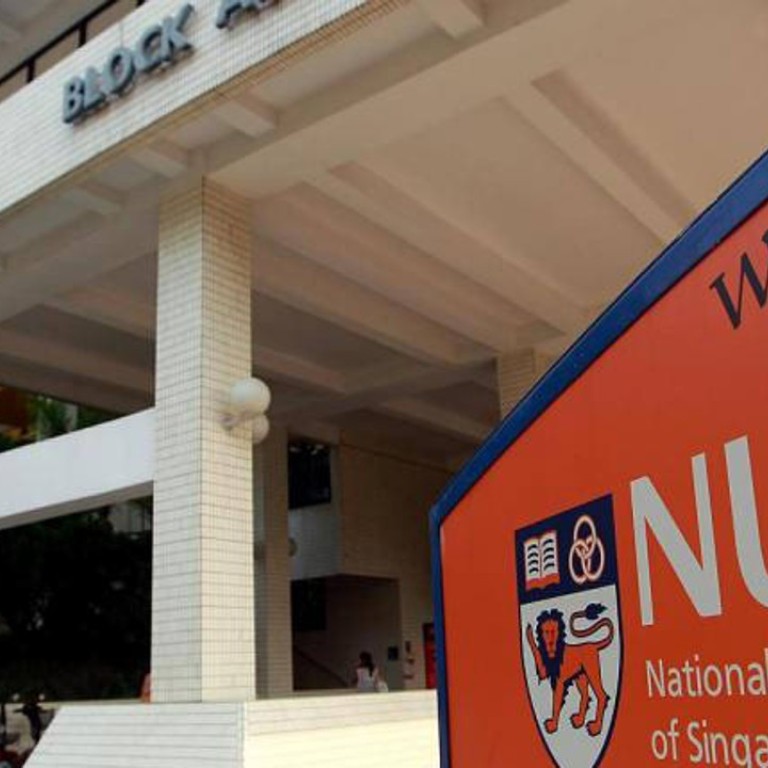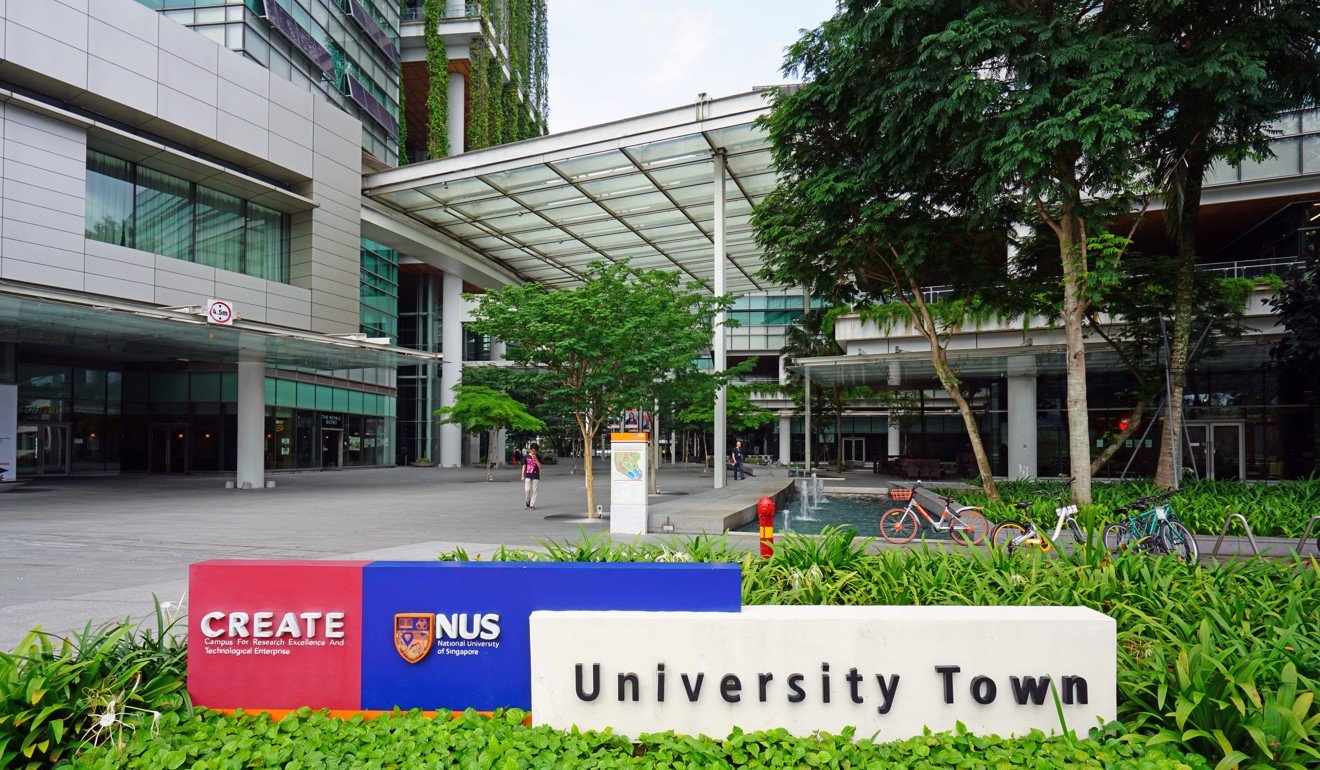
Singapore’s US$200k university salaries are worth every penny
- New ideas and novel innovations raise productivity and improve citizens’ well-being. Today, Singapore’s average productivity exceeds the US, and the Lion City leads the world in a range of frontier technologies
Successful, high-impact research helps make universities lively, thriving communities. This effect extends well beyond the academy: meaningful intellectual pursuit raises the economic and social well-being of the nation.
For nations where the most important asset is human capital, high-level research allows citizens to be productive and prosperous, and the nation to thrive and remain relevant. Cutting-edge research provides for a lively national conversation, and unites diverse stakeholders in challenges that uplift the spirit and improve material circumstances. New ideas and novel innovations raise productivity and improve citizens’ well-being. This has been the story of humanity for centuries; it is the narrative of all great nation states past and present, small and large.
So, it is a false dichotomy that research excellence undermines the national mission. It is a fallacy that striving for ever greater intellectual achievement is an unproductive, mutually destructive arms race.
Singapore’s US$200k starter salaries: why education pays the price
The PYP scheme launched this month seeks improvement on the earlier Presidential Assistant Professorship scheme. That previous scheme, begun in 2014, has brought in 15 assistant professors, nine of whom are Singaporean. PYP augments the earlier scheme, not only by matching the sort of salary top PhD graduates now expect, but by adding in a start-up budget of up to S$750,000 (US$546,000) for non-STEM or S$1 million for STEM candidates, plus white space funding up to S$250,000.
The PYP is open to both Singaporean and international academics. It does not exclude anyone but instead seeks to bring to NUS the best, most creative talent. NUS intends to hire up to 15 PYP holders a year, distributed across STEM and non-STEM disciplines.
This switch to PYP does nothing to diminish the incentives of our academics to engage in Singaporean research, teach to the highest standards and provide service to the university and to Singapore. Every provision previously available remains for our academics to continue serving the university, nation, and community. No structure is reduced; no capacity is lessened. Our research centres, think tanks, and student and faculty programmes are unchanged and remain focused on Singaporean challenges.
PYP retains all the positive features but changes specific dimensions of our operation to improve both university and nation. The adjustment of research funding raises our research support to a level where we can compete internationally, without the disadvantages we faced previously. This is hardly “a marginalisation of teaching in favour of research, and of local faculty and local scholarship”.

Some worry of course that the PYP scheme might be for new hires only, and that the scheme might create a two-tier system with PYP holders having reduced teaching responsibilities and being favoured on a fast track to tenure.
The truth, instead, is this: all young academics already at NUS can apply for the PYP throughout the year, on the same basis as those seeking to come to NUS. PYP hires have the same teaching load as all other new hires: teaching is a priority and point of pride at NUS; our best teachers are annually celebrated at the university for attaining the highest levels of excellence.
Is PYP a fast track to tenure? NUS promotions and tenure standards remain as stringent as before, and those criteria continue to focus on performance across research, teaching, and service. The right combination stems from not just one precise formula, but varies from case to case, so there will always seem to some observers a bit of arbitrariness and subjectivity.
As in all organisations constantly aiming to improve, in different years some individual staff will perform well, others will face challenges. Getting right that mix of research, teaching, and service continues to be of paramount importance to NUS. It would be perverse if a scheme intended to raise performance ended up lowering standards.
The downsides to Singapore’s education system
The bottom line: the PYP scheme expands opportunity, it does not reduce it. We want to support ambitious, important and impactful work that will benefit Singapore and the region. Our PYP scheme gives space for such work.
A key priority at NUS is the development of local faculty and research-based local content in the curriculum. We already have in operation schemes that nurture high-calibre Singaporeans for academic careers at NUS. Our Graduate Scholarships and Overseas Post-Doctoral Fellowships currently support 43 young Singaporean scholars. Upon completing their studies over the next several years, these academics will form a pipeline coming into the NUS system.
As just one example, the Lee Kuan Yew School of Public Policy this year mounted a new teaching module, “The Lee Kuan Yew School Course”, to explore the public policy successes and continuing challenges in Singapore’s development, against a background of Asian growth. All our students enrol in this module. Separately, we continue deepening academic-practitioner integration, to share with our students the insights gleaned by Singapore’s public servants directly on the front lines of policy formulation. Our research builds on Singapore’s practitioner insights and teaching innovations; in turn, that research helps improve practice and policymaking.
NUS welcomes suggestions about how to improve the PYP scheme. We constantly seek ways to deliver better on our educational mission. It is in that spirit that our PYP scheme was launched. We continue to seek excellence, to help raise scholarship to ever higher levels. Our PYP scheme does this without compromising any of the ideals that drive Singapore’s universities and education system. ■
Danny Quah is Dean and Li Ka Shing Professor in Economics at the Lee Kuan Yew School of Public Policy, NUS

